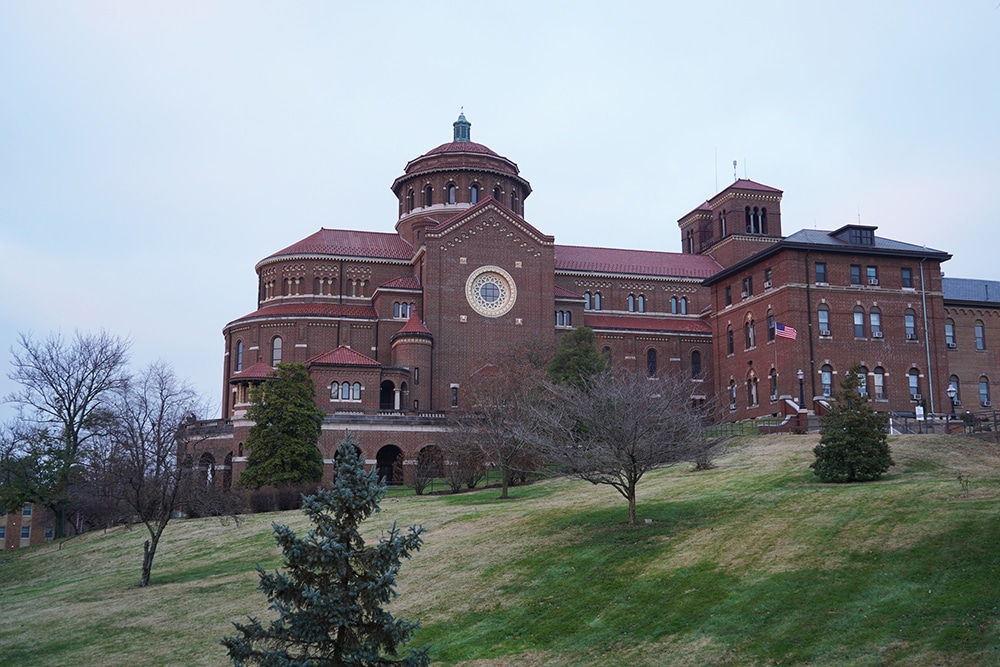 Question: Did Satan know Jesus was God, or was he just tempting his human nature to fail?
Question: Did Satan know Jesus was God, or was he just tempting his human nature to fail?
—Ann, city withheld
Answer: It would seem that Satan and other evil spirits did know Jesus was God, at least in some general way. Scripture reports: Whenever the evil spirits saw him, they fell down before him and cried out, “You are the Son of God” (Mk 3:11). Another time a demon cried out: “I know who you are — the Holy One of God!” (Mk 1:24).
That said, we ought not conclude that Satan had a comprehensive or flawless knowledge of Jesus, and the full plan of salvation. Had Satan such a complete knowledge, he would not have inspired the crucifixion of Jesus, the very means by which he (Satan) was defeated.
Hence, there is evidence that Satan had a basic understanding of Jesus’ divinity and plan, but one that was limited, and likely flawed to some extent, due to his intellect being darkened by sin and rage.
However, when Satan tempted Jesus, it was only to his human nature and will that he could appeal, even though he knew Jesus also to be God.
Fatherly title
Question: We call priests “Father.” But Jesus teaches in the Bible that we must call no man on earth “father” (Mt 23:9). How can I explain why we Catholics use this term for priests?
—Name and city withheld
Answer: If the purpose of Jesus were to banish the use of the word “father” in reference to human males, then it would seem the other New Testament authors never got the memo. In the New Testament alone there are 195 uses of the word “father(s)” to refer to human males. Hence it seems clear that to understand our Lord’s word as an absolute banishment of the term for any but God is not supported by the practice evident in Scripture.
The Catholic practice of calling priests Father has several meanings.
In one sense it is meant as an affectionate family term. Parishes are like a family and use family terms such as “brother,” and “sister” for men and women religious, “mother” for the superior of a group of religious sisters, and “father” for priests.
Priests imitate biological fathers in a spiritual way. Just as fathers give life, food, encouragement and instruction, so priests give us these things in the spiritual order. They confer spiritual life by God’s power at the baptismal font, give food through the Eucharist and meet other spiritual needs through the other sacraments and by instruction and encouragement.
Thus, by analogy, we call priests “father.” St. Paul referred to himself as a father: “You have many guides but not many fathers, for I became your father in Christ Jesus through the Gospel” (1 Cor 4:15). “As you know, we treated each one of you as a father treats his children, exhorting and encouraging you and insisting that you conduct yourselves as worthy of [God]” (1 Thes 2:10). Timothy “as a child with a father he served along with me in the cause of the Gospel” (Phil 2:22).
We can see how calling priests “father,” in this sense, is not against Biblical principles.
In saying “Call no one on earth your Father” Jesus is emphasizing that God is pre-eminent. God is ultimately the Father of all fathers, and we can never call any man “father” like we call God “Father.”







